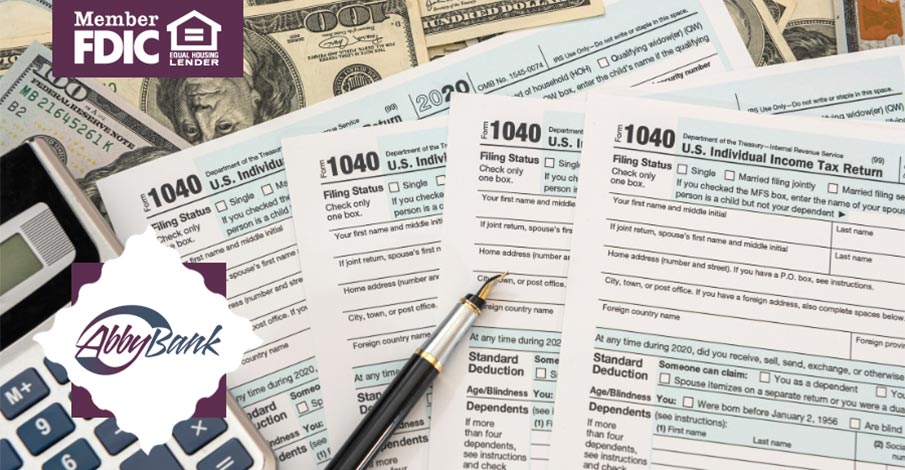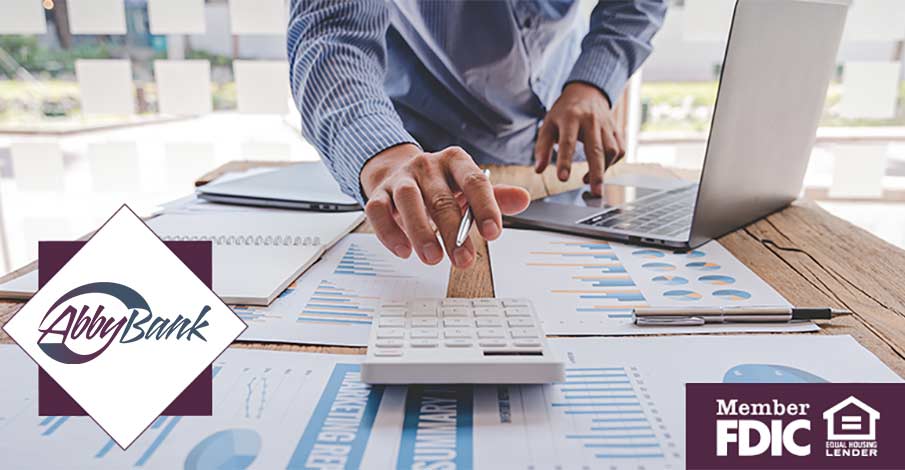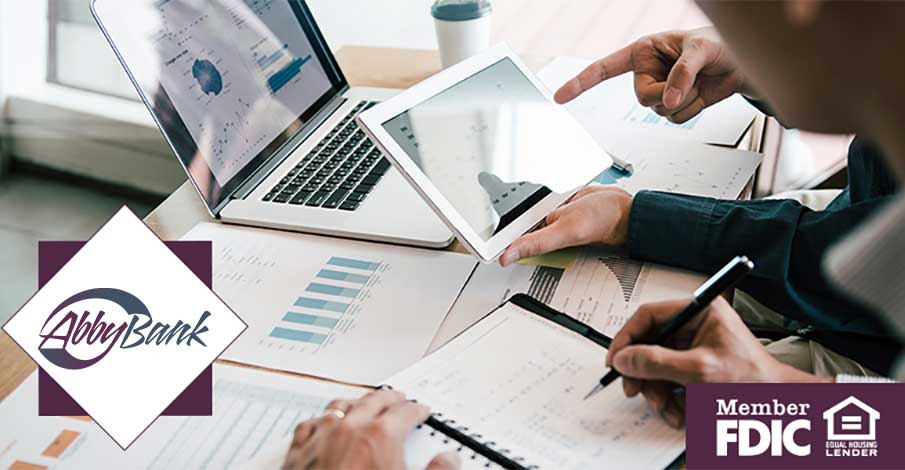What You Need to Know Before Filing
Gather Essential Documents
Before you start filing, make sure you have all the necessary documents:
- W-2 forms: Provided by your employer, these forms show your income and taxes withheld.
- 1099 forms: If you're self-employed or have freelance income, you'll receive these forms.
- Receipts for deductions: Keep receipts for charitable donations, medical expenses, and other deductions.
Choose the Right Filing Status
Your filing status determines which tax forms you'll need to fill out and how much you'll pay in taxes. Common filing statuses for first-time filers include:
- Single
- Married Filing Jointly (if you're married)
- Married Filing Separately (if you're married but want to file separately)
Understand Tax Credits and Deductions
Tax credits and deductions can significantly reduce your tax liability. Familiarize yourself with:
- Earned Income Tax Credit (EITC): A refundable credit for low-to-moderate-income workers.
- Standard Deduction: A fixed amount you can deduct from your taxable income.
- Itemized Deductions: Specific expenses, like mortgage interest and charitable donations, that can be deducted.
Filing Options: DIY or Professional Help
DIY Filing
If you're comfortable with tax software and have a simple return, you can file yourself using:
- IRS Free File: A free service for those earning below $69,000.
- Tax preparation software: Like TurboTax or H&R Block.
Professional Help
If you're unsure or have complex tax situations, consider hiring a:
- Tax professional: A certified public accountant (CPA) or enrolled agent (EA).
- Tax preparation service: Like a local tax preparation office.
Avoiding Common Mistakes
Missing Deadlines
File your taxes by the deadline (usually April 15th) to avoid penalties and interest.
Inaccurate Information
Double-check your forms for errors and inaccuracies to avoid delays and audits.
Not Keeping Records
Keep accurate records for at least three years in case of an audit.
AbbyBank: Your Partner in Financial Success
At AbbyBank, we're committed to helping you achieve financial stability. Learn more about AbbyBank's financial services and resources, including savings accounts, CDs, and more.
Filing taxes for the first time may seem daunting, but with these tips, you'll be well on your way to becoming a tax-filing pro! Remember to stay organized, take advantage of tax credits and deductions, and don't hesitate to seek professional help if needed.




